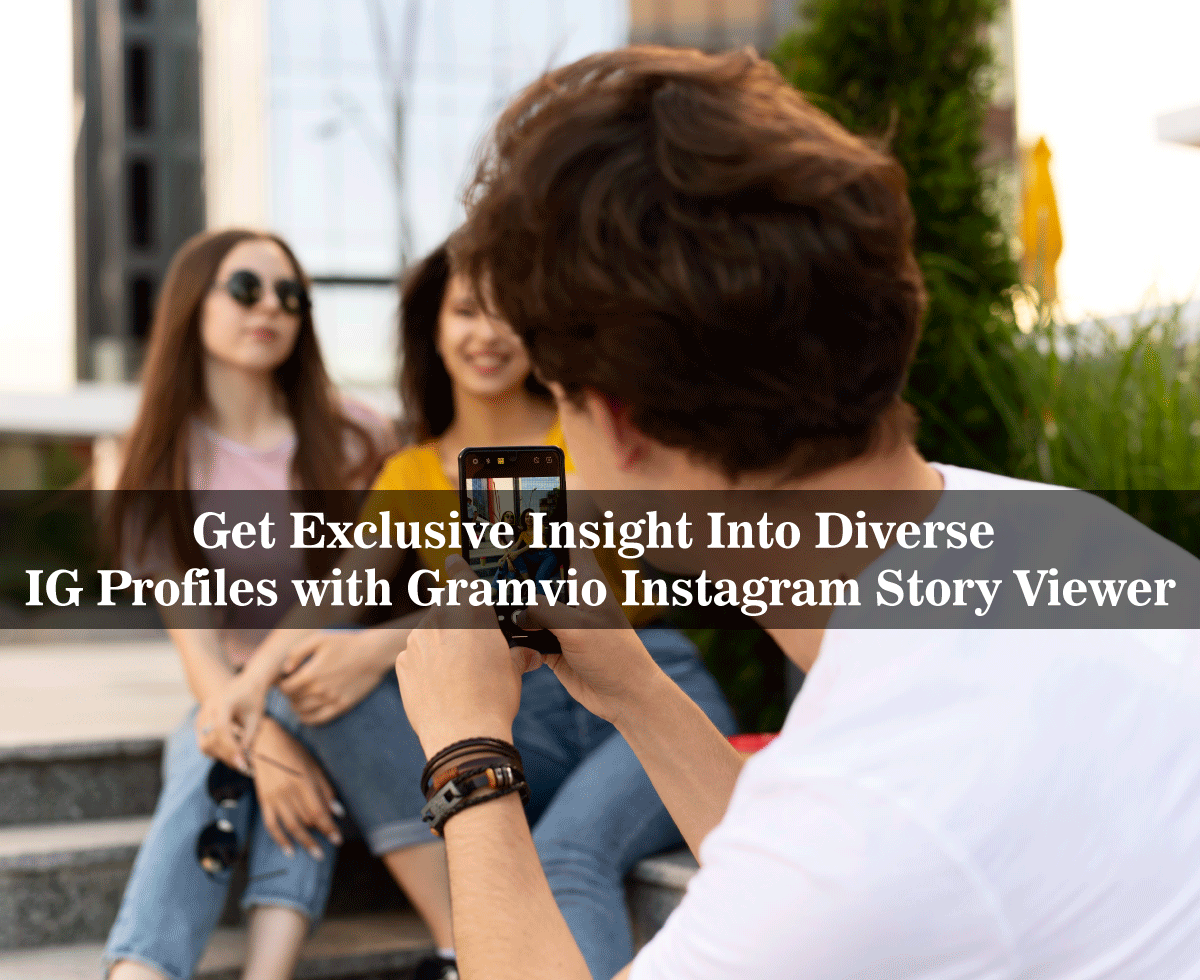Teaching of Classic Literature Using Video and Social Media

In the digital age, the teaching of classic literature has evolved, embracing modern technologies like video and social media to enrich student engagement and understanding. This innovative approach not only enhances traditional teaching methods but also resonates with the tech-savvy generation of students. This article explores the transformative impact of these tools in teaching timeless classics, ensuring that these literary treasures remain relevant and accessible to today’s learners.
The Role of Video in Literature Education
Videos serve as a powerful medium to make classic literature more engaging and understandable, especially when dealing with complex themes and old-fashioned language. By utilizing dramatizations or animated recaps, students gain a visual comprehension of these literary works, enhancing their appreciation. For a deeper exploration of Geoffrey Chaucer’s masterpiece, accessing “The Canterbury Tales” questions with answers can be highly advantageous. This resource, filled with a wide array of essays and thorough analyses from seasoned experts, offers students the necessary guidance to unravel the intricacies and enduring relevance of this medieval classic.
Incorporating video analyses or discussions by literary experts can deepen students’ understanding. Videos can also include interviews with authors or scholars, providing insights into the context and significance of classic texts. A study by the Journal of Educational Psychology indicates that students who used video aids in their literature studies showed a 30% increase in retention and comprehension of the material.
Social Media’s Influence on Literature Learning

Social media platforms can transform classic literature into interactive experiences. Students can participate in online discussions, share insights, and even create content related to their literary studies.
With social media, learning extends beyond the classroom. Students can connect with peers worldwide, gaining diverse perspectives and enriching their understanding of classic literature. For instance, a survey by EdTechReview reports that 70% of teachers witness increased student engagement when integrating social media into their teaching.
| Social Media Platform | Percentage of Teachers Using It |
| 30% | |
| 45% | |
| 25% |
Empowering Students with Creative Expression
The use of video and social media in literature education doesn’t just facilitate understanding; it also empowers students to express their interpretations creatively. Students can create their own video adaptations, reimagine characters in modern settings, or even develop social media campaigns based on themes from classic literature.

Modern technology tools enable collaborative projects that span beyond individual classrooms. Students from different schools or even different countries can work together on literature projects, sharing perspectives and creating joint presentations or discussions through video conferencing and social media platforms.
The Impact on Diverse Learning Styles
The incorporation of video and social media in teaching classic literature acknowledges and caters to various learning styles. Visual learners benefit from video content, while those who thrive in interactive environments find social media a conducive platform.
The field of literature education is continually evolving, and the integration of these modern tools represents just the beginning. As technology advances, so will the methods of teaching, ensuring that classic literature remains a vital and dynamic part of education.
Bridging the Digital Divide in Literature Education
Incorporating digital tools in literature education also plays a crucial role in bridging the digital divide. By providing online resources and digital platforms, educators can reach students in remote or underserved areas, offering equal opportunities for quality education in classic literature.
Despite its benefits, integrating technology in literature education poses challenges, such as ensuring equitable access to digital tools and addressing varying levels of digital literacy among students. Educators need to devise strategies to overcome these hurdles, ensuring that all students benefit from these innovative teaching methods.
Using video and social media to teach Geoffrey Chaucer’s “The Canterbury Tales” can make this medieval classic more relatable and engaging for students. Animated summaries of the tales can provide visual aids to understand the old English text.
For those seeking to delve deeper into “The Canterbury Tales,” free essay examples on this topic are readily available. These resources, written by experts, offer comprehensive answers to various questions about the text, serving as valuable supplements to classroom discussions.
Practical Applications and Case Studies
This section can include real-world examples of educators successfully integrating video and social media into their literature curricula, highlighting the benefits and challenges of this approach.
Gathering feedback from students who have experienced this innovative teaching method can provide insights into its effectiveness and areas for improvement.
The incorporation of video and social media into the teaching of classic literature marks a transformative shift in educational practices. This modern approach not only brings classic texts closer to today’s students but also fosters a dynamic and participatory learning environment. Utilizing these innovative tools, educators are positioned to maintain the relevance and inspirational power of classic literature, engaging and enlightening students for years to come.










